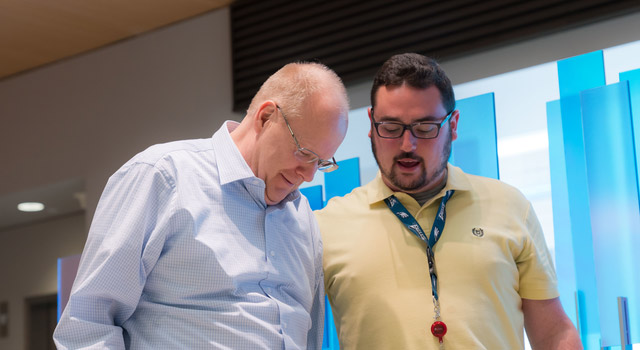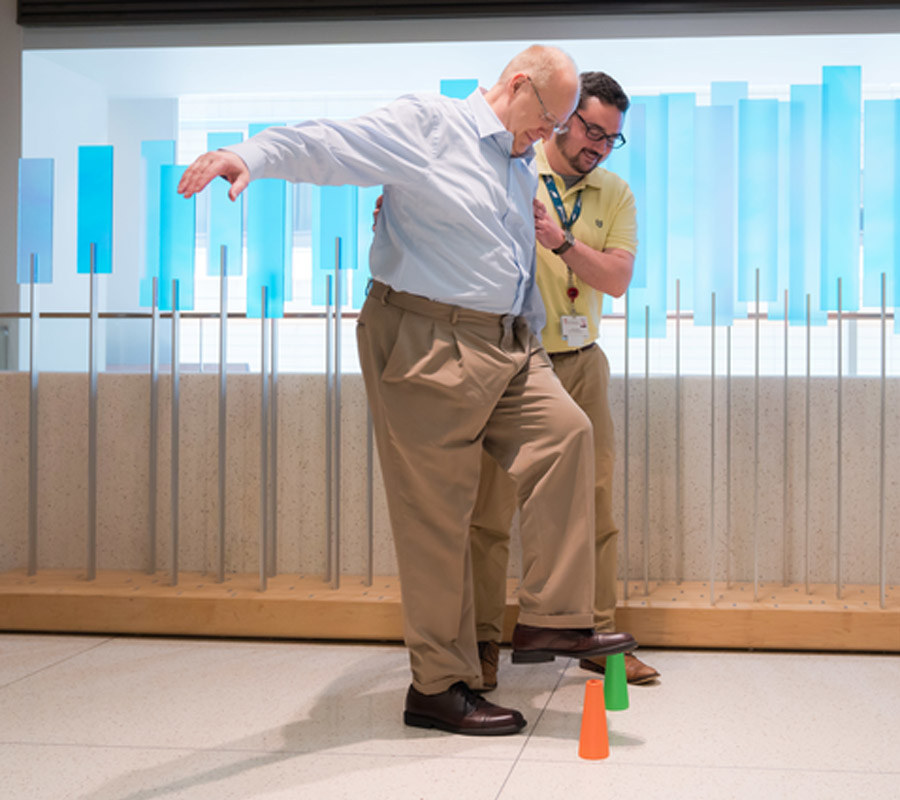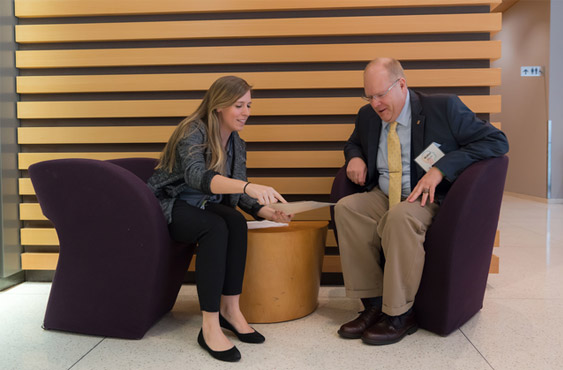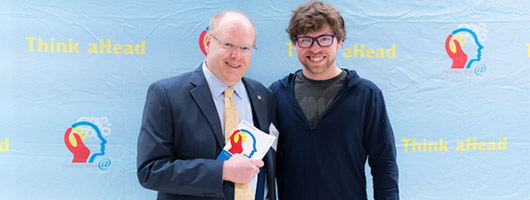Walter Schultz, Esq.
Resolute on the Road to Recovery
Life was good for Walter Schultz.
His work as an assistant prosecutor in Cumberland County, New Jersey, filled his days with challenge and energy. A lifelong fan of the Philadelphia Phillies, he thrived on frequent visits to Citizens Bank Park, where his 25-year-old son Wally often joined him. Together they’d hoot, holler, and hype his favorite baseball team. He delighted in his faithful SPCA rescue dog Carlton, naming the Sheprador after Hall of Fame Phillies pitcher Steve Carlton, his boyhood hero. Yes. Life was good for Walter.
Until August 12, 2017, the day when life as he knew it slid to a halt.

Overwhelmed
As he crossed a South Philadelphia street to watch the Phillies play the New York Mets that day, a black Buick SUV charged out from nowhere, slammed into him, and hurled him unconscious to the ground. Within minutes, an ambulance whisked him to the Hospital of the University of Pennsylvania. There, he received a triple diagnosis – traumatic brain injury, a fractured skull, and a concussion. For about a month, the inpatient rehabilitation team worked diligently to stabilize him. Overwhelmed by dizziness, he couldn’t even walk without falling. He vomited often. And as his intellectual functioning declined, he grew increasingly frustrated. Then, new complaints of headaches, mental fatigue, and taste and smell deficits surfaced. That’s when Walter learned he’d need much more treatment than inpatient physical rehabilitation.
Next Step in Recovery—Intensive Outpatient Therapy
Once medically stable, Walter began outpatient therapy at Penn Therapy and Fitness. This is the outpatient therapy service of Good Shepherd Penn Partners, the official therapy provider for Penn Medicine rehabilitation.The program helps patients improve balance, among other goals, and provides services in physical therapy, occupational therapy, and speech therapy. It also serves survivors of head trauma who have undergone inpatient rehabilitation but who, like Walter, still experience serious recurring symptoms.
During his initial evaluation at Penn Therapy and Fitness,Walter met Lead Physical Therapist Ramiro Maldonado,DPT.“We want to assure people like Walter that head trauma survivors aren’t necessarily ‘done’ after inpatient rehabilitation,” Maldonado asserts. “Penn Therapy and Fitness has excellent, comprehensive outpatient resources to help survivors return to their highest possible functioning level subsequent to inpatient hospitalization.” After a thorough assessment, Maldonado arranged for Walter’s outpatient physical therapy and speech therapy ordered by his physicians.” Then, he began working with speech language pathologist Alex Merlino, MS, CCC-SLP, and physical therapy assistant Colin Hanna, PTA. Both had developed rigorous care plans for him.


Strength, Balance, and Communication
Four months of physical therapy helped improve Walter’s core strength and balance. “Therapy designed for increased blood flow and cardiovascular health strengthens the body, but also helps heal the brain and improve balance,” says Hanna, who also gently guided Walter through strength training and aerobic activity. “Walter’s self-reported positive assessments on vestibular [balance]capacity indicate his therapy worked.” Eventually, more troubling symptoms, including his headaches, disappeared with physical therapy.
Walter also flourished under the care of Alex Merlino, who helped him improve the cognitive linguistic skills compromised by his accident. “Speech therapy is about communication,” Merlino explains. “Walter and I worked together on strategies that make him the most efficient communicator possible.” To help him improve his thought organization and executive functioning, for example, Merlino engaged him in tasks such as outlining the content of legal podcasts and writing succinct summaries.
Mind Your Brain
Like many Greater Philadelphia head trauma survivors who complete inpatient and outpatient therapy, Walter, now 55,also benefits from the annual Mind Your Brain Conference, another resource offered by Penn Medicine to help survivors remain on course to full recovery. (See companion article on this page.) The conference is a free, all-day opportunity to meet fellow survivors; attend educational presentations by experienced providers and recovering survivors; participate in workshops such as yoga and health insurance; and find answers from caring, knowledgeable professionals at Penn Medicine and other healthcare institutions.
Back to Work
On August 3, 2018, almost one year after his accident, Walter returned to work. He feels “lots of emotions, … all good!” But his rehabilitation journey hasn’t ended; he still sees speech therapist Merlino for weekly cognitive therapy. My recovery is a process that takes time,” Walter says. “Day to day. Minute to minute.” But he hastens to add that he now feels “very alive, sharper, invigorated… Just good!”With the continued help of Penn Medicine treatment and Mind Your Brain education, life is once again good for Walter Schultz.

